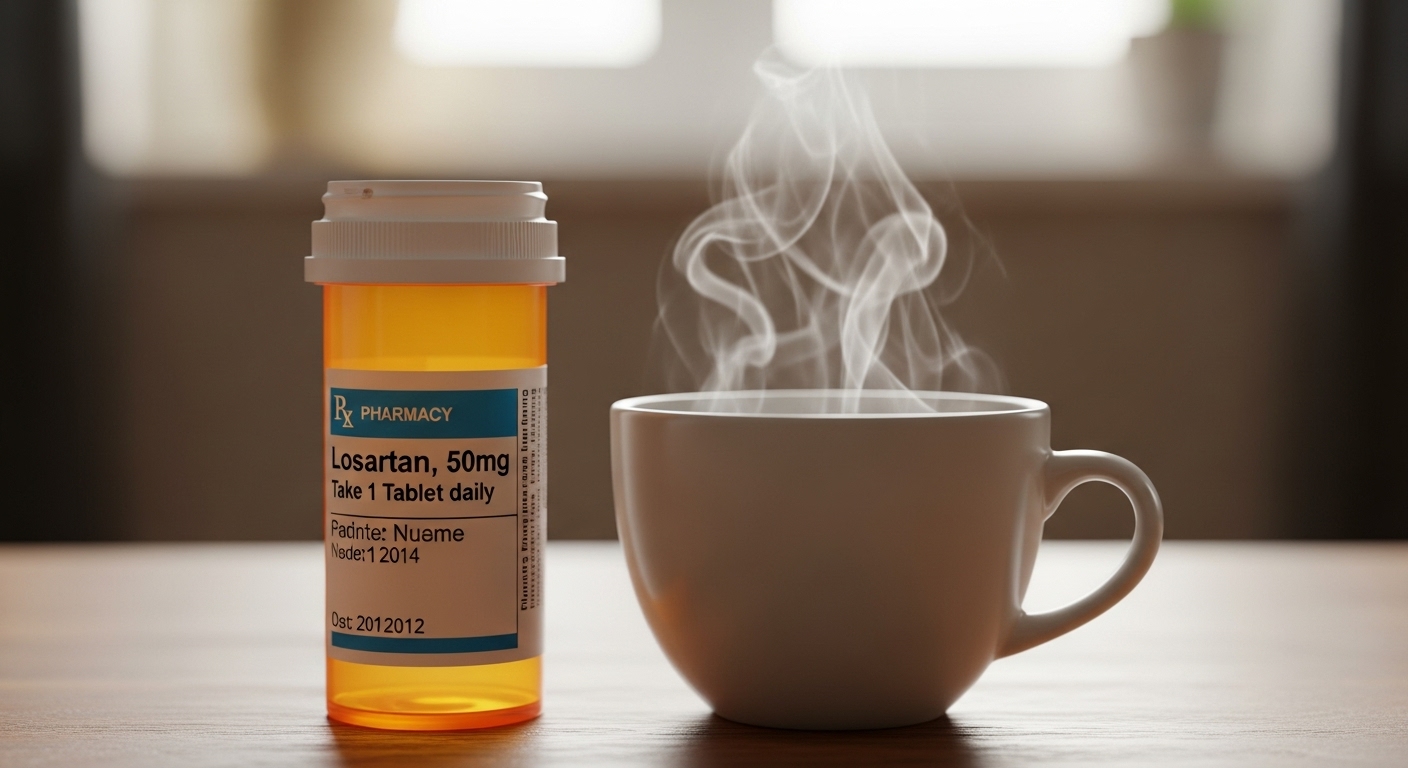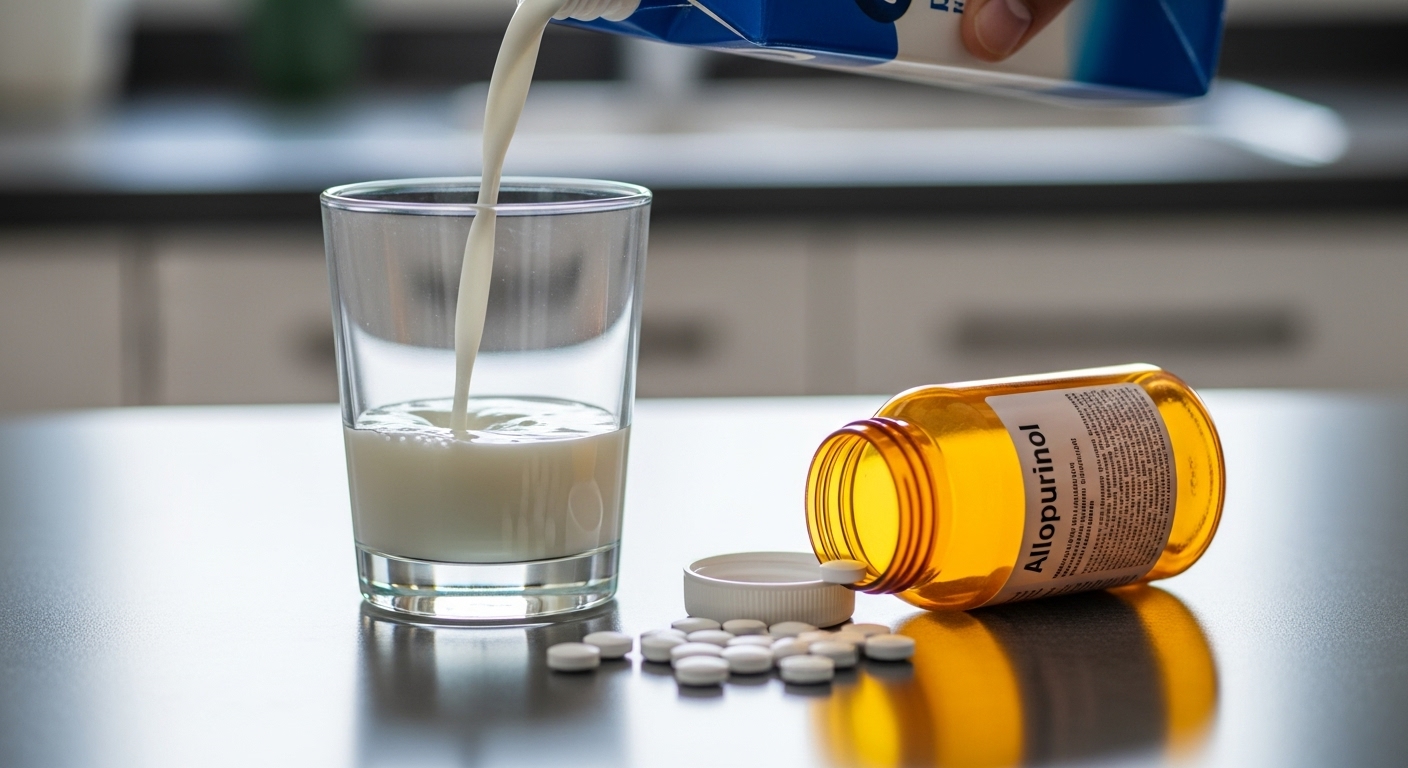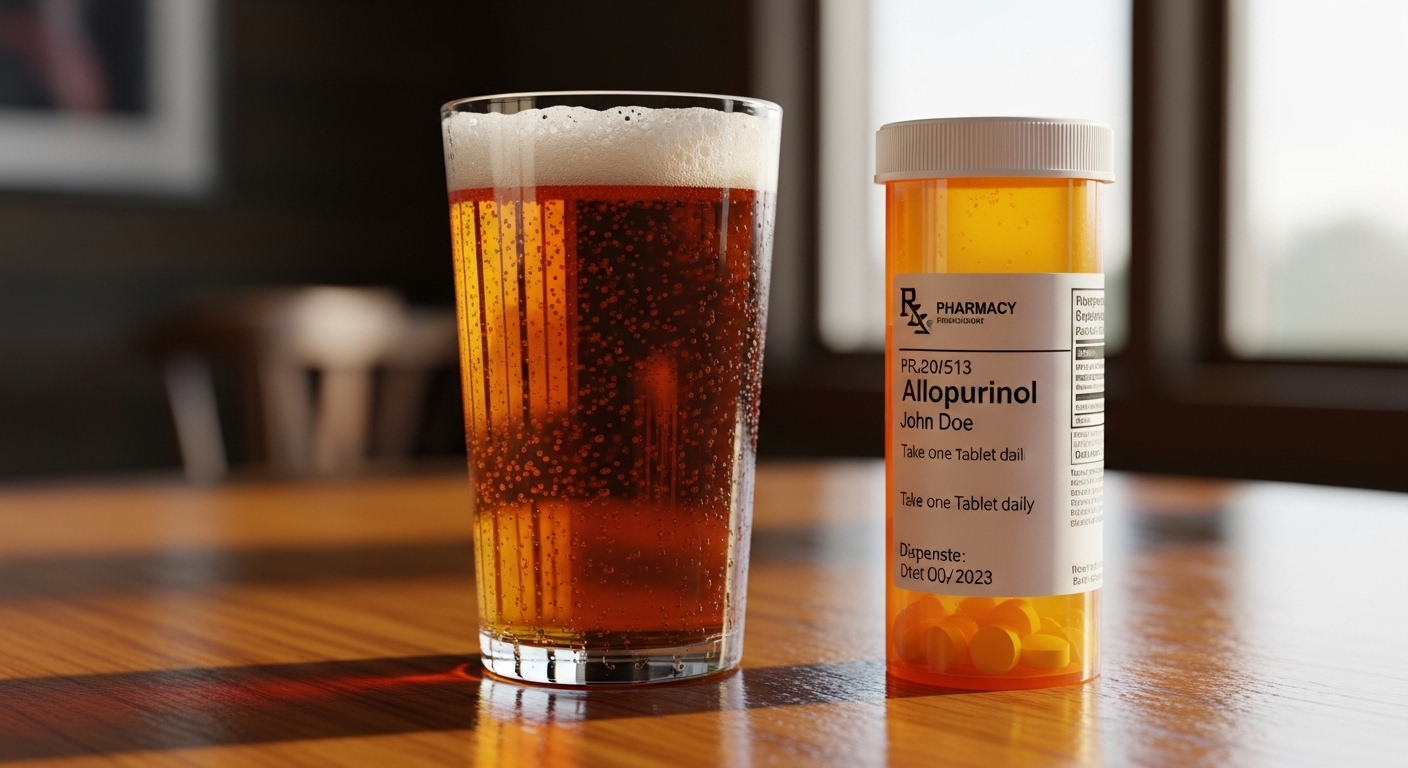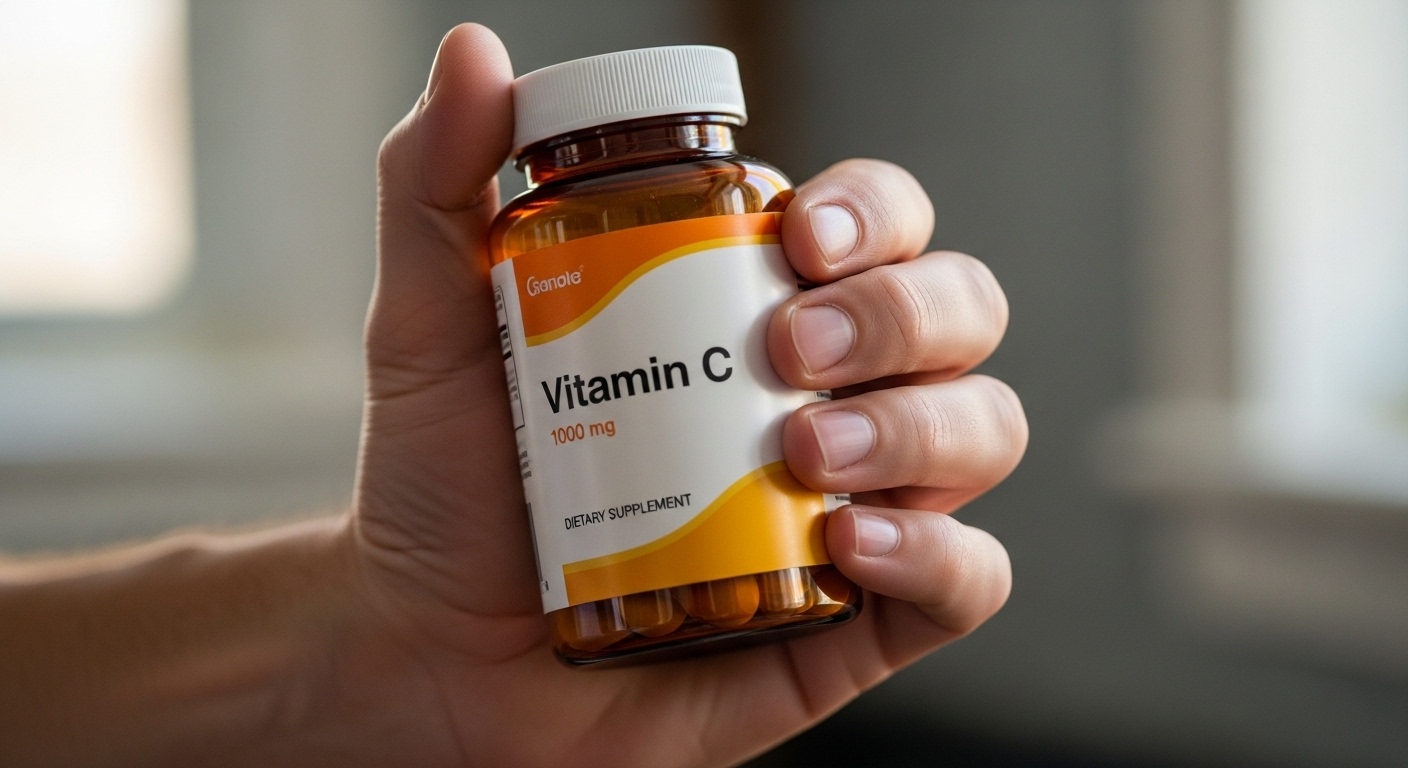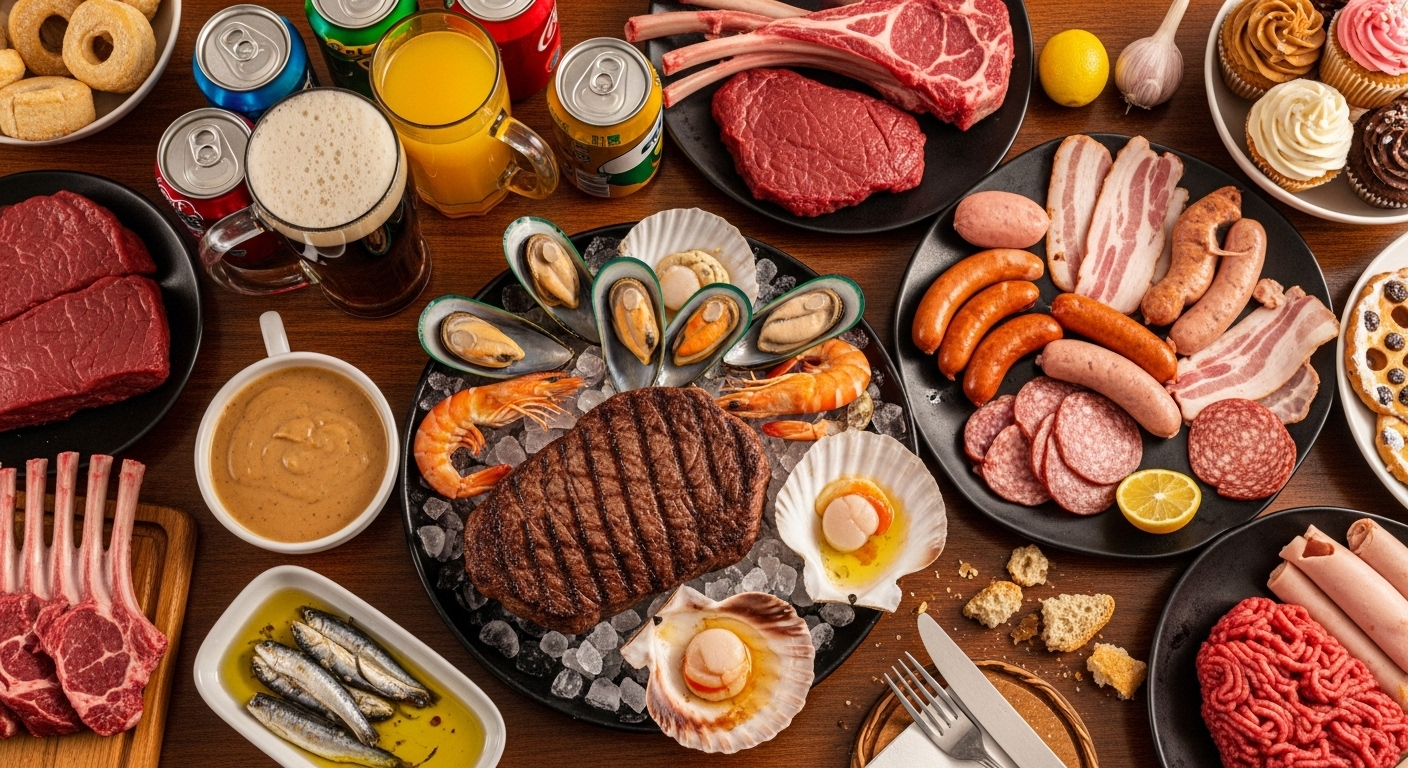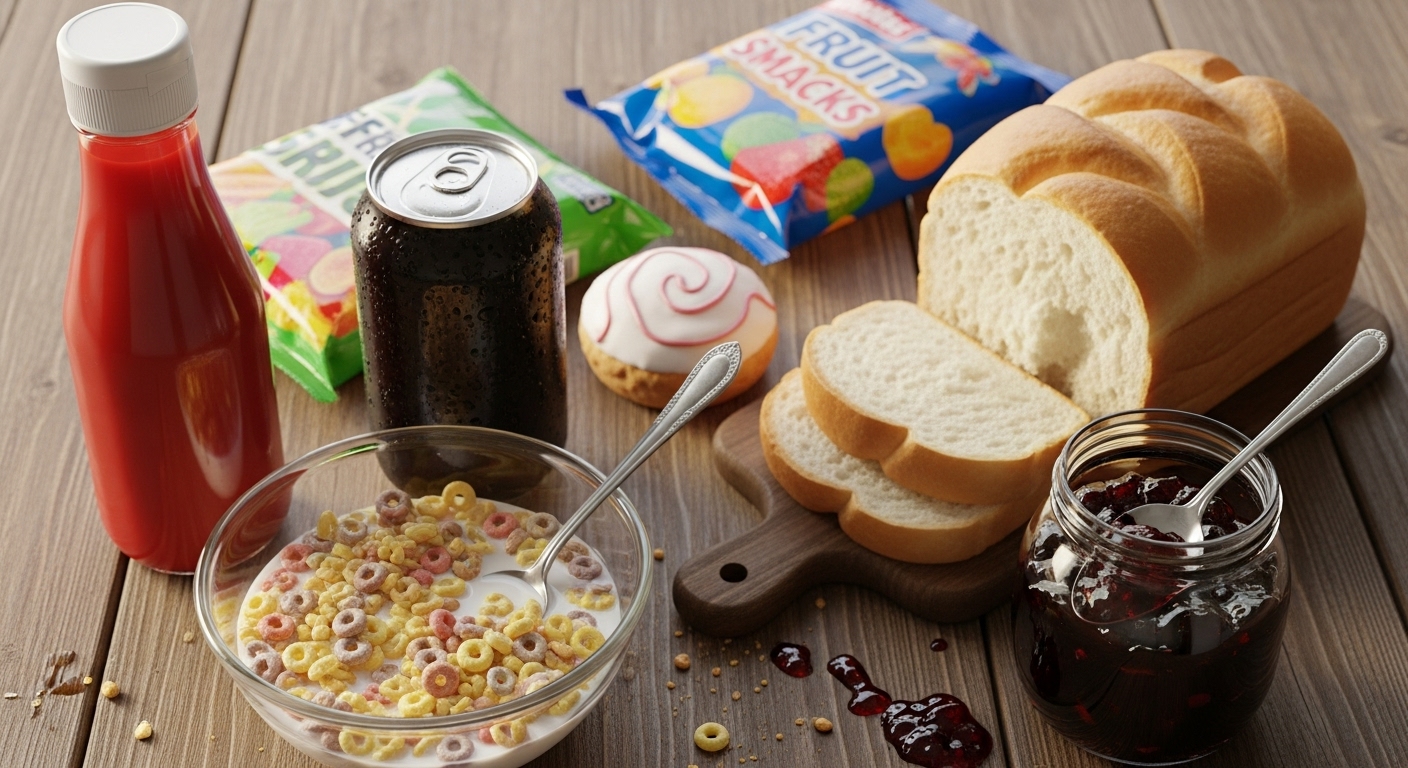Losartan Lowers Uric Acid by Blocking URAT1 in Hypertensive Patients
Dr. Kumar’s Take:
This study highlights something unique about losartan compared to other blood pressure medicines. Losartan not only lowers blood pressure, it also lowers uric acid by blocking a kidney transporter called URAT1. For patients with both hypertension and gout risk, this dual effect is an important advantage.
Key Takeaways:
✔ Losartan lowered uric acid levels while reducing blood pressure.
✔ The effect is linked to blocking the kidney transporter URAT1.
✔ Candesartan, another blood pressure drug, lowered blood pressure but had no effect on uric acid.
✔ Patients with defective URAT1 genes did not benefit from losartan’s uric acid effect.

